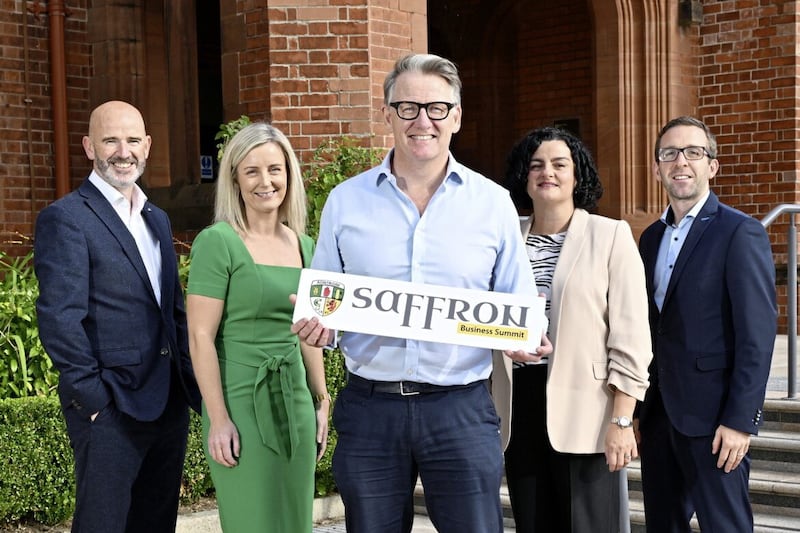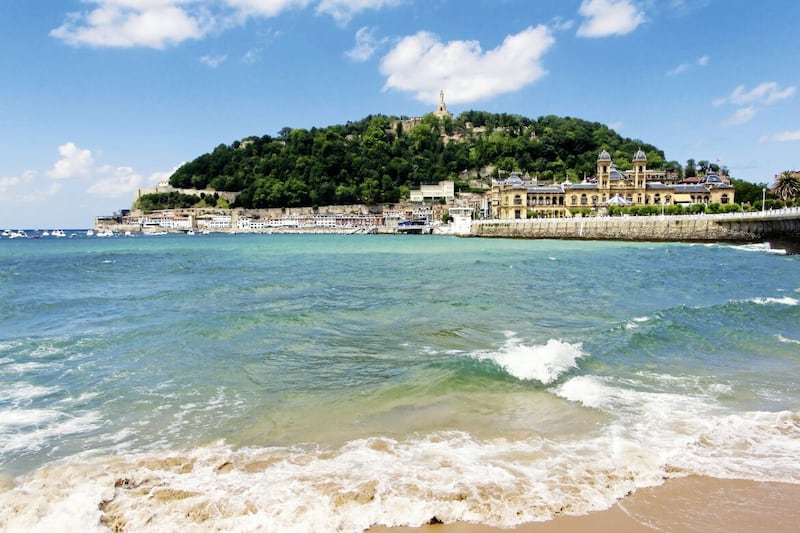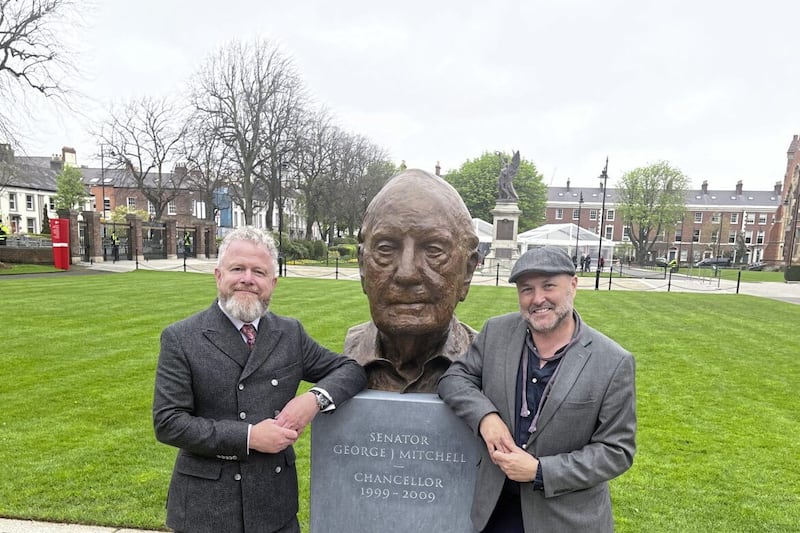THERE is a Christmas short story by the American author O Henry called The Gift of the Magi in which a young married couple with little money for Christmas gifts make a lovely sacrifice for each other. The wife sells her hair to a wig maker so that she can buy a special watch chain for her husband’s treasured watch while at the same time, the husband sells his watch to buy a new set of combs for his wife’s beautiful hair.
I hadn’t been aware of the story until it was retold earlier this month by the former Governor of the Bank of England, Mark Carney, as part of his BBC Radio 4 Reith Lectures. Reprising the O Henry story provided Carney with a nice illustration about the values of Christmas as his subsequent lectures went on to focus on how to redress the fact that society now esteems financial value over human value and how we have gone from market economies to market societies. The lectures argued that this imbalance has contributed to a trio of crises: of credit, Covid and climate.
I only caught the first lecture, though I’m going to try and listen to the rest of them on playback. But the story stuck with me through December and came back to me again, even when I knew I felt I needed to talk about Brexit in this column today.
Like a lot of readers here, I suspect, I struggled with the detail of the recent Brexit discussions and with everything else going on, and despite having good work reasons to stay up to date, I lost a bit of interest as we approached Christmas. I also felt that the political pronouncements about the prospects of a no-deal were more about posturing than reality and that there was always going to be an agreement because there was too much to lose for both sides, hence a deal transpired on Christmas Eve.
But what does it all mean for business? I think the easiest and first answer to that is that it’s too early to tell. I’ve had a brief flick at the 1,246-page agreement, and it’s complex. Probably the second most obvious thing to say is that it was better to get a deal than no deal, uncertainty has been removed and risk has been reduced though businesses here had some guaranteed level of protection through the NI Protocol.
The Protocol’s purpose is to stop a hardening of the Irish border by keeping us in the EU's single market with the EU’s customs rules applying at our ports – effectively having what a number of unionist politicians feared, a border at the Irish Sea.
On a macro level, the new trade deal does smooth the flow of goods between the UK and the EU though there appears to be less balance in the services sector, particularly for financial services as UK based financial firms lose the biggest benefit of EU membership: the ability to offer services to clients across the region from a single base.
According to the New York Times, that is a painful loss for UK firms which ran a surplus of £18 billion on trade in financial and other services with the EU last year, but a deficit of £97 billion on trade in goods.
“The result of the deal is that the European Union retains all of its current advantages in trading, particularly with goods, and the U.K. loses all of its current advantages in the trade for services,” said Tom Kibasi, the former director of the Institute for Public Policy Research, quoted in the New York Times.
“The outcome of this trade negotiation is precisely what happens with most trade deals: The larger party gets what it wants and the smaller party rolls over,” Kibasi added.
That didn’t stop Boris Johnston from talking up the deal with his usual jingoism about “taking back control of our money, laws and seas”. Whereas for the EU and Ursula von der Leyen, it was about fair competition policy and the creation of the so-called level playing field.
Still, even with a deal, the path is still somewhat unclear. “Brexit was always going to be a long-running hit to the U.K.’s competitiveness,” said Tom Kibasi, the analyst. “But the way it’ll play out is by damaging investment in the U.K., so it’s a slow puncture, not a quick crash.”
Hopefully given our special status here, that might give us some competitive advantage in winning investment ahead of the competition in England, Scotland and Wales but that will take some innovation and creativity from the business community here in 2021 and beyond. I’m up for that challenge.
Though as January 1 looms and exit from the EU becomes a reality, I think of more fundamental issues which helped create the EU in the first instance and which have sustained and nurtured the values of fair redistribution, openness, diversity and freedom in all its guises within Irish society over nearly fifty years since the UK and Ireland joined the fledgling EU in 1973. The Protocol protects us in some narrow ways here, though our rights to Irish citizenship are far more important and fundamental in that regard after January 1.
In this first Reith lecture, Mark Carney reflected that whenever he could step back from what felt like daily crisis management, deeper, more fundamental issues always loomed. Carney argues that society has, unfortunately, come to embody Oscar Wilde’s old aphorism: “knowing the price of everything but the value of nothing".
Like the young couple from O Henry’s story who unwittingly bought redundant gifts for each other but demonstrated the deep value of their bond in doing so, the UK’s exit from the EU only serves to remind Irish citizens on both sides of the border that some values are worth more than trade or money. Here’s to a better 2021 for all.
:: Paul McErlean (paul@mcepublicrelations.com) is managing director and founder of MCE Public Relations
:: Next week: Claire Aiken









